The first bullies I faced were in the third or fourth grade. All of the kids in that elementary school were bigger than I was. Taller, stronger, faster, meaner. And then there was me, the kid with Smurf glasses and pigtails, the genderqueer kid who painfully and obviously didn’t fit in anywhere. I was like a shining beacon of come-take-your-frustrations-out-on-this to every single one of them, and a surprising amount obliged. My parents didn’t expect it, and I could tell they were unprepared when I brought home the details of what had happened on the playground, at recess, on the school bus, or anywhere that teachers and adults weren’t watching.
I never told them the words those kids used, and neither would you if you heard them. I choked it down and walked away. Oh yeah, I got angry. And that anger lit a fire inside of me.
What’s the message kids get when they’re bullied?
Walk away.
Let it go.
Take the high road.
Even Michelle Obama learned that lesson. “When they go low, we go high.” Well good for you, Michelle, but in the 1980s in the Midwest, there weren’t so many high places to get to. Nothing but corn and soybean fields, cows, a grid of asphalt and railroads cutting fields into a patchwork that look beautiful from an airplane and confining on the ground. And back then, there was no support for parents to take concerns about bullying to the school teachers or administration.
I inherited a different message. It was the Crane Kick. You know, Ralph Macchio in The Karate Kid, the iconic pose in all the movie posters, the climactic fight scene for the trophy at the end, the whole story of the kid who gets bullied learning to get strong and defend himself. So of course, I spent hundreds of hours in the backyard, in sweltering heat and humidity throughout those brutal Indiana summers, teaching myself all the karate moves I’d seen on TV. Kids on the playground knew those moves, too. We were all experts at the Crane Kick that year.
And this was the story over and over, the zero to hero tale that made the 80s iconic.
Unless you were the skinny kid with no muscle mass, no coordination, and no hope of fighting back when things got ugly. And yes, they got ugly early and often. I’d rather not tell the stories about the times I got hit and tried (tried SO HARD) to fight back, but my punches landed on thin air, my insults came out as a stutter. Karate never saved me from any of it.
So I walked away.
In high school the bullying changed to hate speech, to graffiti on my locker doors, to taunting and cornering in the locker room. And by then I was well-practiced in the art of ignoring the other kids, walking away, pretending I didn’t see or hear or know what was being said. But the words seeped in. They burrowed under my skin and cut into my confidence, into all of the best parts of me that wanted to shine and be seen.
The school administration became the bully at that point, too, when they asked me not to be vocal about being gay in high school. “It’s provoking,” they explained. And it was my fault when other students chose to bully me for it. To prove their point, they sided with the bullies. They listened to the “concerned parents” and restricted me from having any rainbows on my body or backpack. They voted no on the issue of same sex couples being eligible to buy a couple’s prom ticket in my senior year, and so my girlfriend and I bought individual tickets and spent way more than we needed to (which began a long trend of always having to pay more for being queer).
I stayed quiet. I got along. I walked away.
When my oldest child started kindergarten, my wife and I were full of hope and excitement about his future, about the fun and the learning and the friends he would make. But within the first month, he brought home reminders that the world was still churning out bullies. His was riding the bus with him, calling him a girl for having long hair. We talked it over with him for a few weeks, tried to work with the school, chatted with the bus driver. I wasn’t leaving a six-year-old to solve this problem alone. And still, it was his to figure out in the end. He asked to have his hair cut short, and he hasn’t grown it out since.
Bullies aren’t just for grade school
As a recently out transgender person, I went looking for community. We all need support and people like us to spend time around, and I found mine in a few local support groups. They were welcoming and generous with the space they offered for exploring gender and for trying things out in a safe space (like new names or pronouns). It all went so well for me that I never expected to lose that connection.
But one person from that group soured the entire experience by bullying, taunting, and chasing me around the internet with threats. Threats like, “Would me and other men kick you out of the bathroom, of course, because you treat us like garbage, don’t go ahead trying to act like you’re one of us when you clearly are not.”
And so the bullying followed me here, to this place I’ve carved out for writing, for building community, for connecting with others. It came with threats to my safety (like above), with warnings that I would not know who this person was if they used a different name online, that they would be in the weekly trans support group I enjoyed so much.
I gave up my weekly support group and the Discord channel where I was trying to connect with others, to find my community, to get some support.
I walked away to keep myself safe.
I changed my Substack account so that only paying subscribers can leave comments (which sucks, because I’d love to hear from everyone if they have a thought worth leaving, but it ended the nasty remarks getting left here).
I walked away.
Again.
Substack notes
We all knew it couldn’t last, that shiny, glittery feeling of a new feature for Substack writers to find more readers, for some of us to collaborate, for everyone to build a community reflecting their shared values. Notes fired up last week, and the hate speech and vitriol slammed into us full force. And yes, I could have easily avoided it had I not been actively engaged in reading, commenting on, and promoting the work of other writers who have great blogs. But isn’t that the point of a feature like that?
You know as well as I do that this kind of thing will follow me no matter where I go. Hate speech isn’t going to die off. And no amount of moderation by the folks behind Substack can adequately resolve this sort of thing.
BUT THEY COULD TRY.
And I would really like to root for them if they decide to take a stand against hate speech, against misogyny, against racism, against antisemitism, against homophobia, transphobia, and islamophobia. Because it isn’t hard to take that stance unless you’re the only one doing it.
That’s what went wrong in the third grade.
It’s the same thing that went wrong in high school.
It was the problem on my son’s school bus.
Bullying succeeds when it’s an unequal footing for the objectified, the oppressed, the othered. That balance shifts when those of us who are bullied stand together. We shouldn’t have to take this stand here on Substack, but it’s the same problem we have in every social sphere, and the solution is solidarity.
What’s the end game?
I’ve spent way more time thinking about this kind of bullying than anyone should have to. There’s been even more time spent on how I respond or react to it. Should I keep walking away? Should I make a stand? Should I fight back? And if I engage, do I only increase the likelihood that they’ll keep coming back?
And now, in a critical time in the history of the United States, transgender and gender-diverse people like me are being bullied and harassed everywhere we go. State legislatures are passing bills into law to write us out of existence. They’re banning us from restrooms, criminalizing how we identify, and restricting access to vital medical care. It’s not veiled or subtext in any way. We are “imps and demons.”
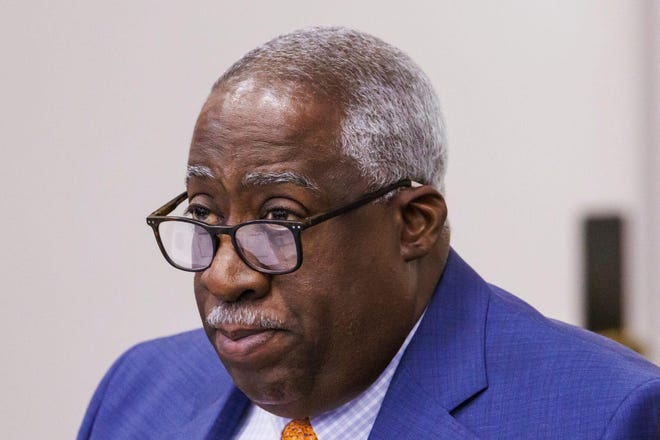
Antisemitism is on the rise (again) in the US.
Misogyny hasn’t ever lost momentum.
Systemic racism isn’t going to dismantle itself.
This newsletter is a place I’m staking out for my truth, and I’m not letting it go. Trans voices need to take up space and tell our stories. We need places where we can safely connect, where we can find resources, where we can find ourselves. This will continue to be that kind of place.
I’m not walking away from this.
There are others here on Substack who have important voices that need to be heard, that deserve the same space. Below are a few I’d like to call out. Spend some time with them. I hope you’ll subscribe to their newsletters and support their work. I know how grateful I am for all of you who support my work by subscribing. Thank you.
Your trans friend,
Robin
Charlotte Clymer is a stellar writer of politics, pop culture, religion, LGBTQ rights, and more with flair.
Erin Reed’s Substack is one of the first places I found my feet. She writes up-to-date information about all of the bills and pieces of legislation around the US that impact queer folks.
There’s no point looking around for news when you can just read about it from Dawn Ennis.
Sharon Hurley Hall brings you so many connections for anti-racist thought and action that I can never get through all the links. Her work is an absolute must-read.
The Present Age, by Parker Molloy, is another fantastic way to catch up on what’s happening in the world, but with a particularly sharp tooth on the best and worst of news media.
And if you need a break with a cartoon that’ll leave you with some mixture of tears and snort-laughs, visit ND Stevenson.


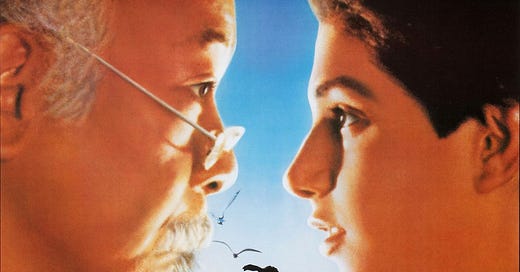




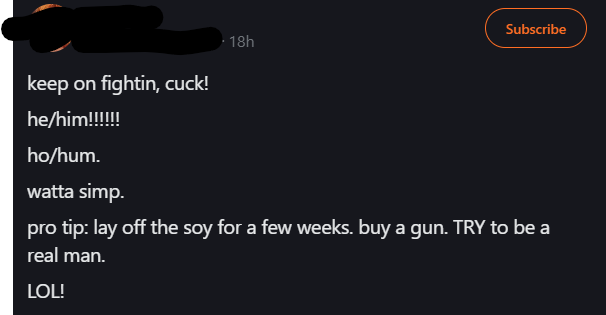

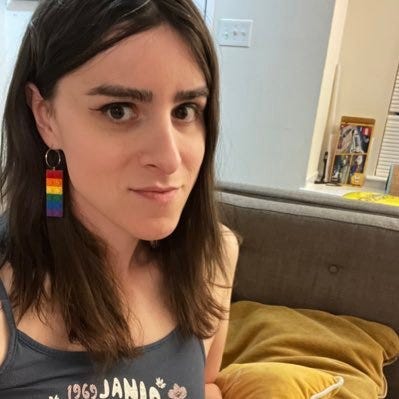
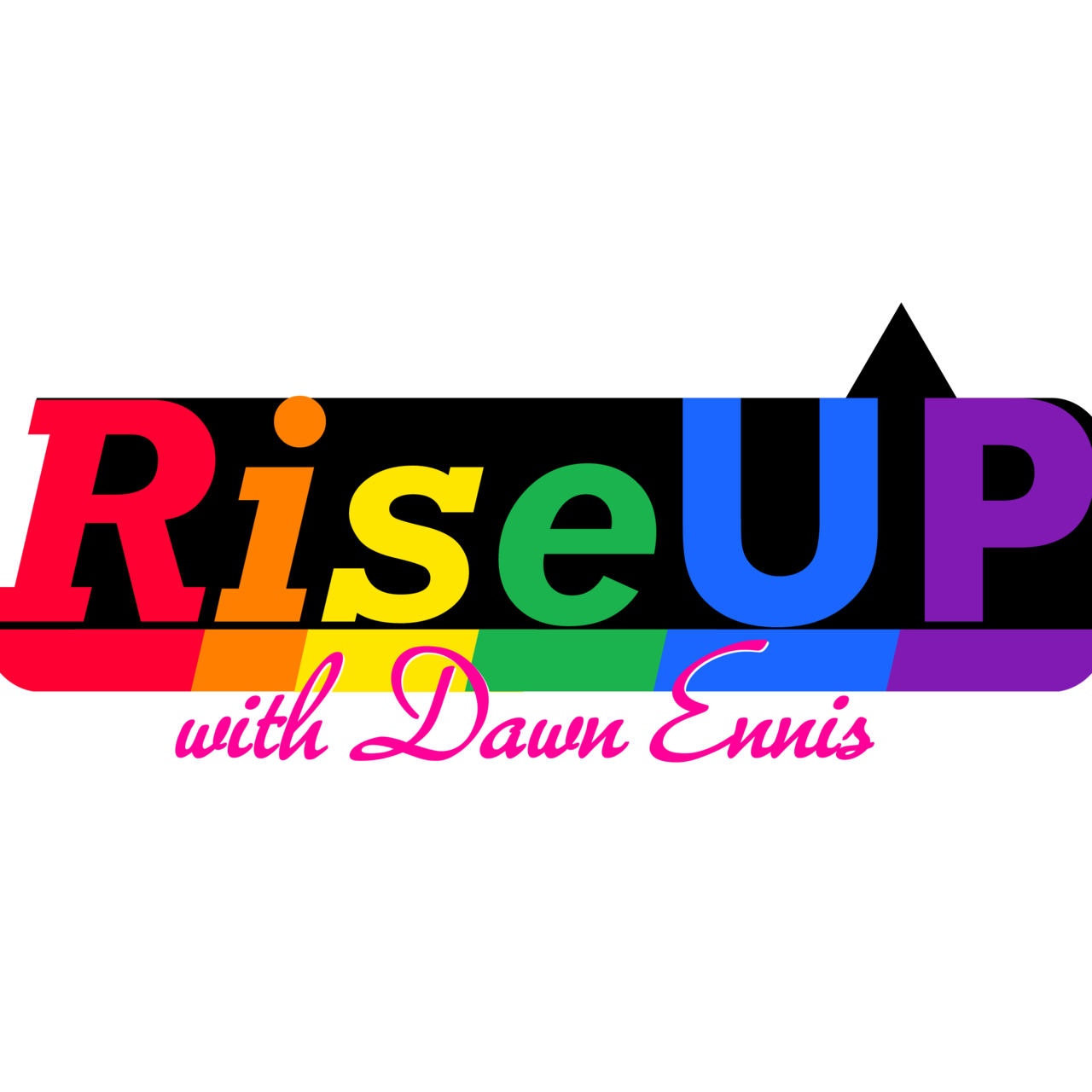
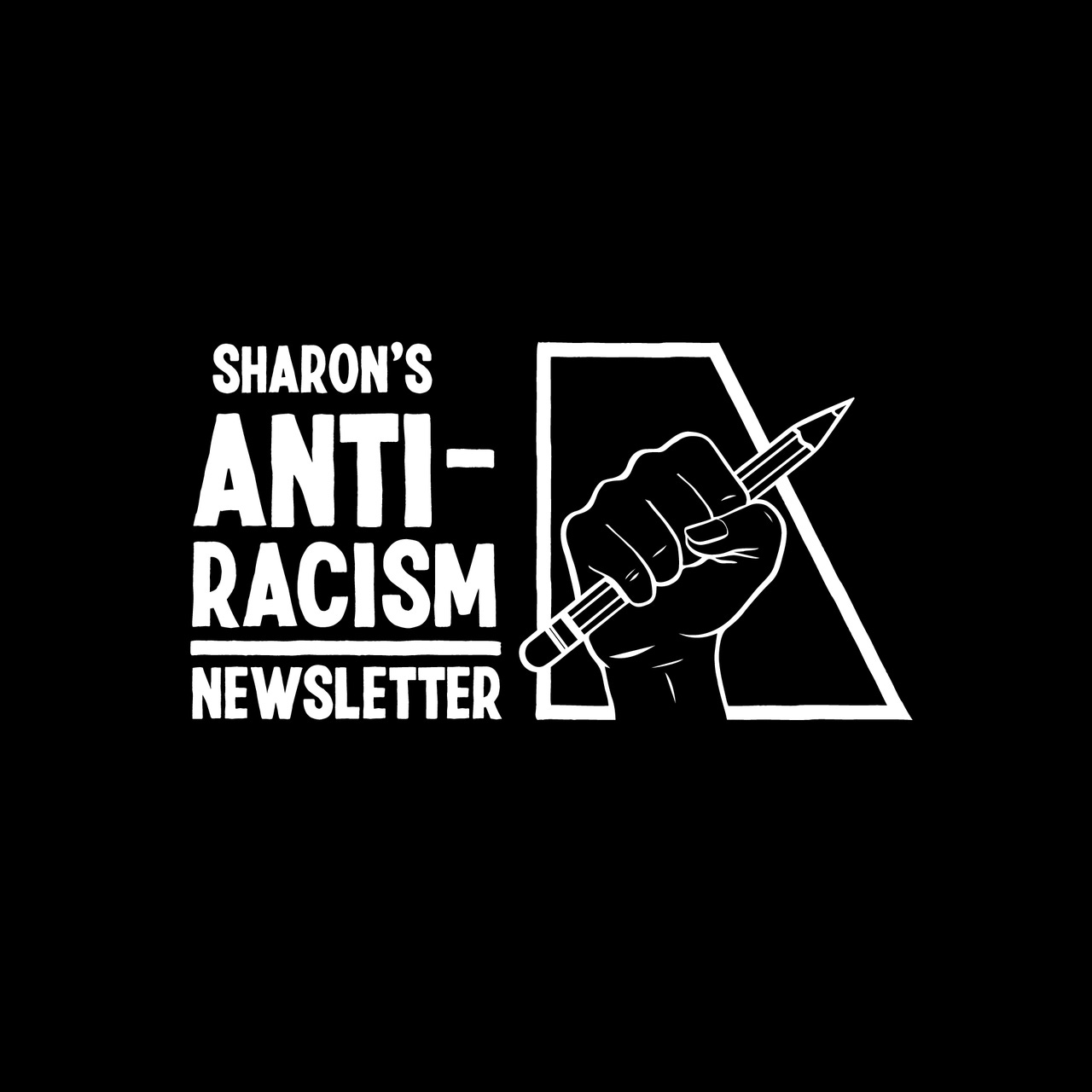

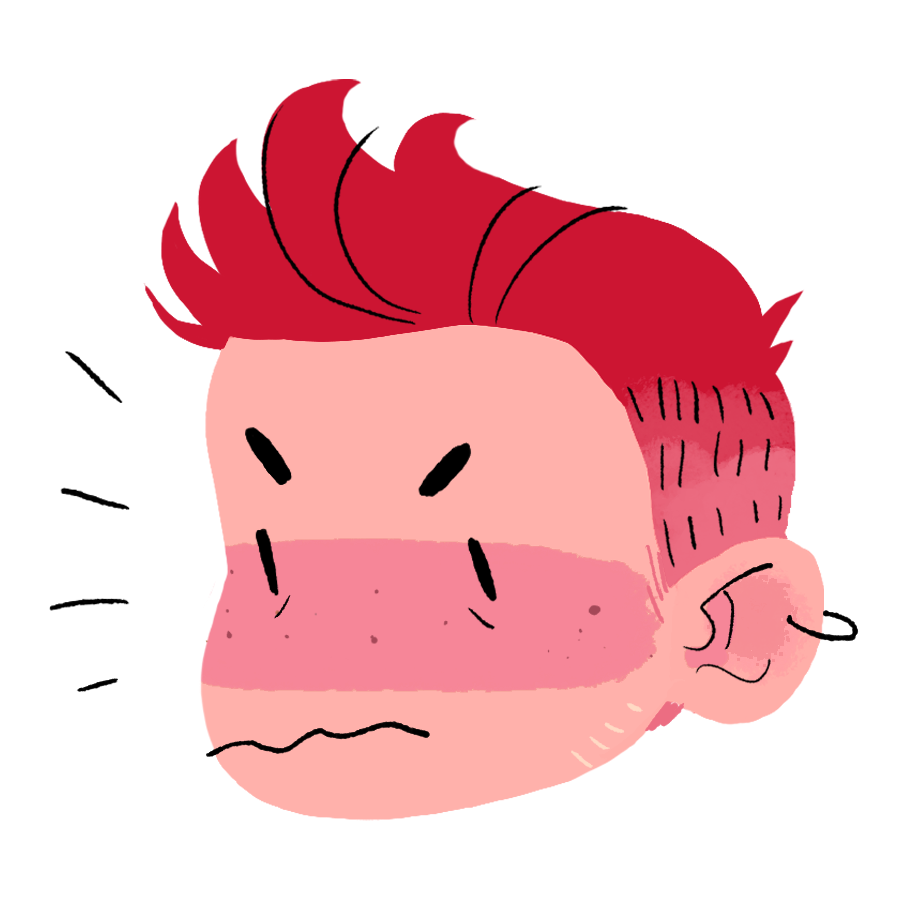
Being the Weird Kid [tm] at every school I landed in (military brat), I hear you. I walked away. I buried my nose in stacks of books. I learned a lot, but that didn't stop me from being the target of physical, then psychological bullying. I walked away, but my parents wanted me to fight back. They could not understand that I was afraid that if I resorted to violence, even once, I would never stop. I learned how to redirect my anger and fear responses in Aikido class, where I learned to use my opponent's energy against them- to literally spin them to the ground.
When someone is visibly different, it frightens certain people, who respond with fear that they express in anger and violence. It's like the different one is an affront to their very existence, or an existential threat. In my observations, it is the dominant people in the dominant culture who tend to act most violently towards differences- be they racial, sexual, or cultural.
Frank Herbert wrote in "Dune" that "fear is the mind-killer". It really is. I had to learn to do a bit of mental Aikido on my own fears, and turn them into the ground, or let them just pass through me, like in the "Litany Against Fear". I gravitate towards fellow outliers- be they neurodiverse, differently gendered, or some combination. For me, it isn't the container, it's the contents.